Grow to improve. Improve to grow.
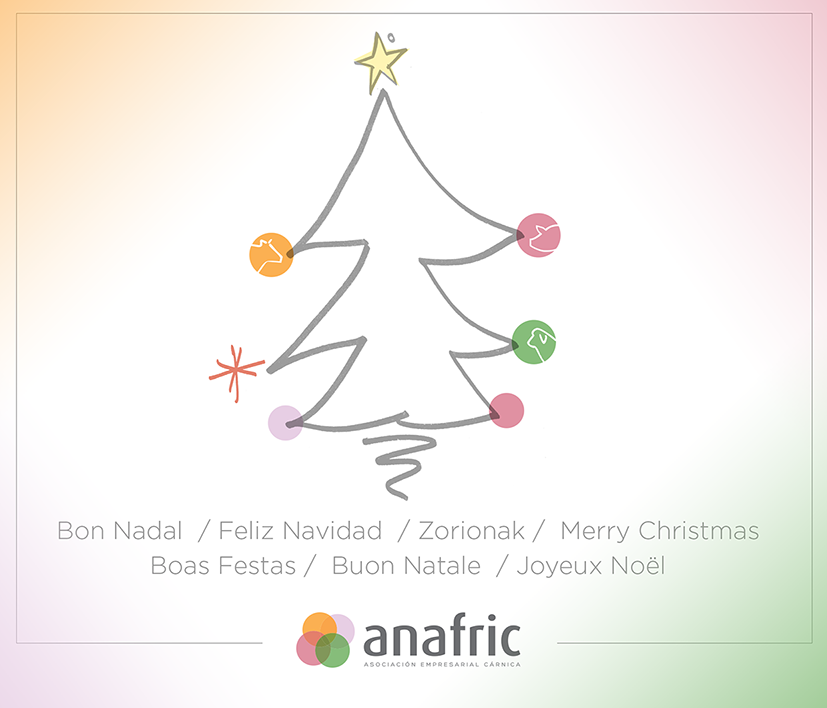
The year 2020 is just around the corner. And it’s time for valuations. And at Anafric we have a lot to be proud of. At Anafric we have a lot to be proud of. For almost 40 years, we have grown with our associates with the sole purpose of defending the interests of national companies in the livestock and meat sector, in a transversal and plural way.
Anafric and UECBV participate in the first seminar on European agri-food regulations in Bogotá

Anafric and UECBV participate in the first seminar on European agri-food regulations in Bogotá
What is the role of ruminants in mitigating climate change?
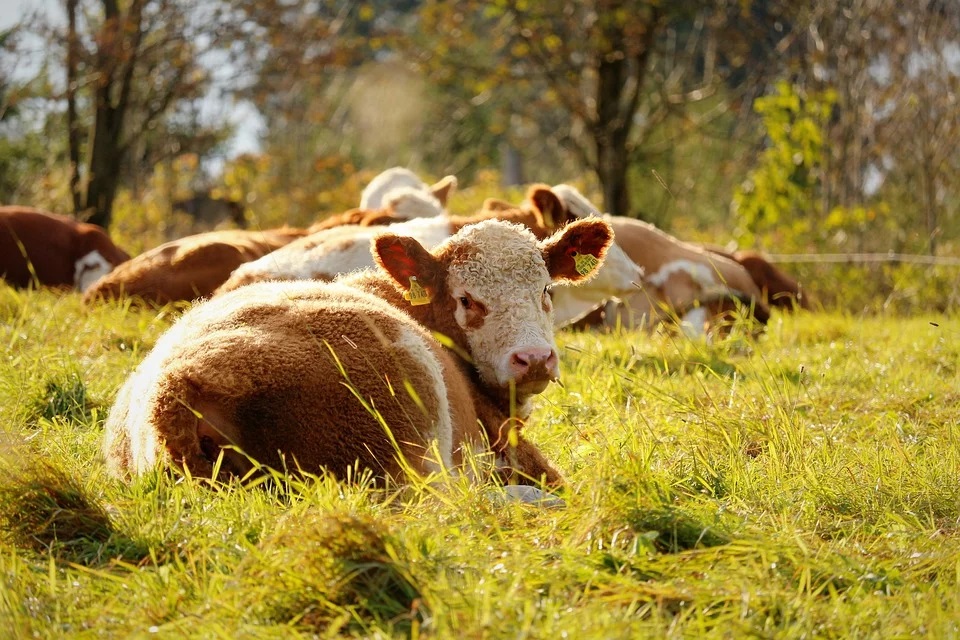
What is the role of ruminants in mitigating climate change?
Let’s stop targeting the sector! Know de facts before deciding

Let’s stop targeting the sector! Know de facts before deciding
#Meatthefacts: Know de facts before deciding
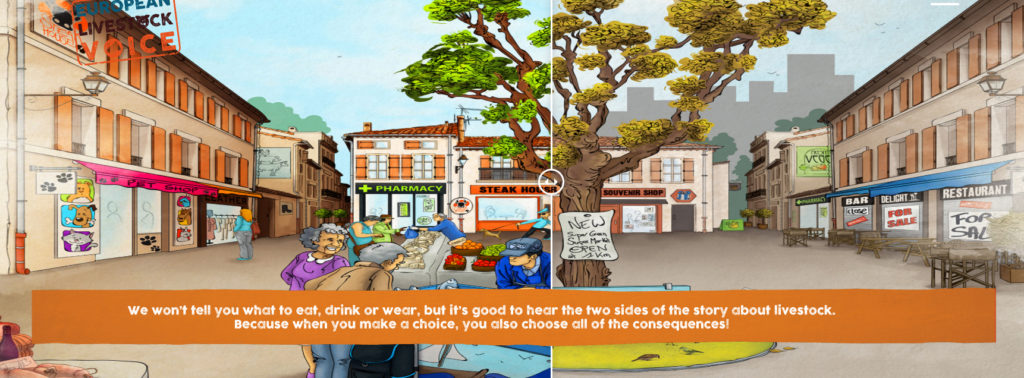
#Meatthefacts: Know de facts before deciding
Know the facts before deciding. Are animal medicines polluting our rivers and fields?
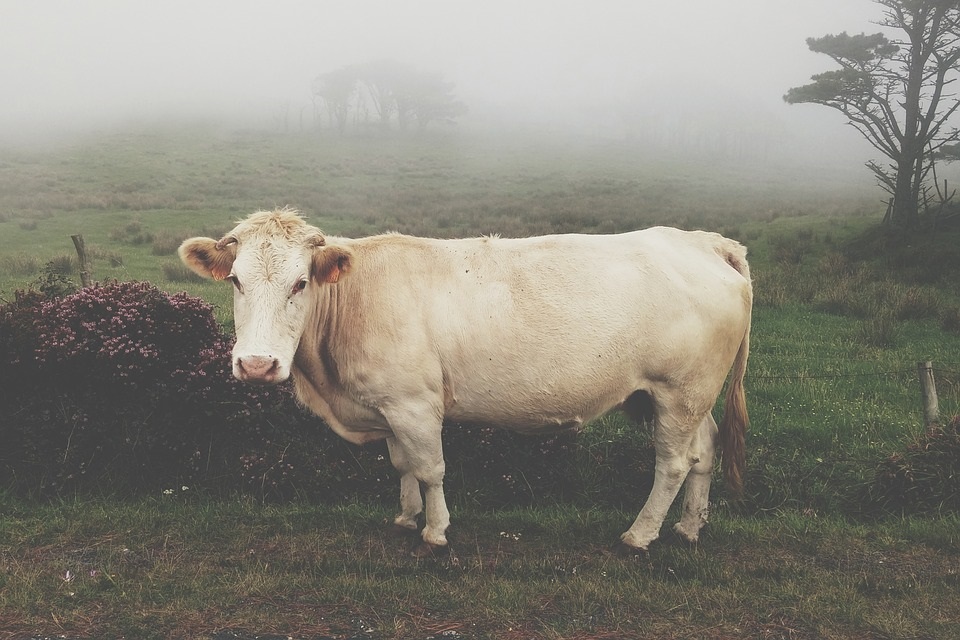
Know the facts before deciding. Are animal medicines polluting our rivers and fields?
Know de facts before deciding. Do you know what contains a piece of red meat?
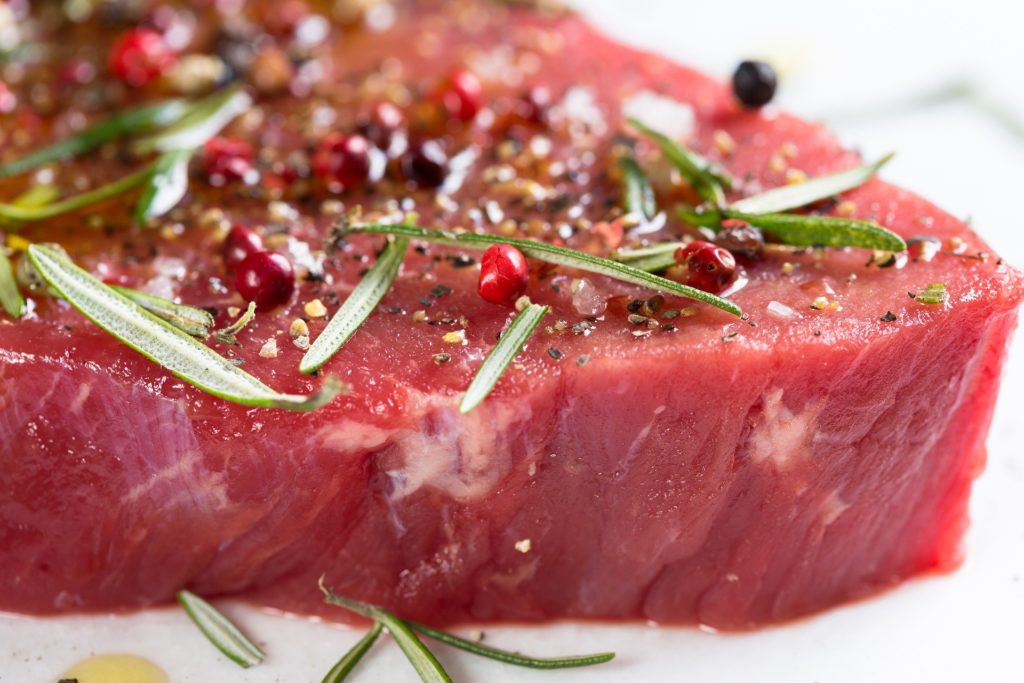
Know de facts before deciding. Do you know what contains a piece of red meat?
European livestock sector unites to ‘burst’ the myths surrounding the sector
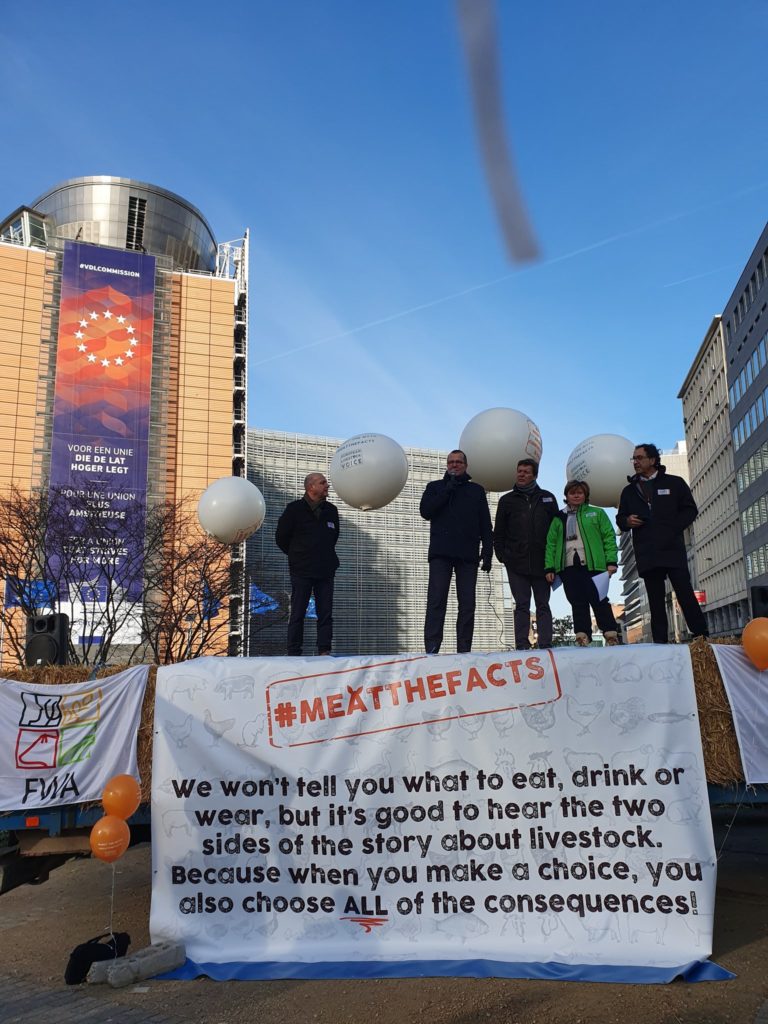
European livestock sector unites to ‘burst’ the myths surrounding the sector
Know the facts before deciding. Can we reduce the emisisions from livestock?

Know the facts before deciding. Can we reduce the emisisions from livestock?
Know the facts before deciding. Are EU livestock sector (CHG) emissions increasing?
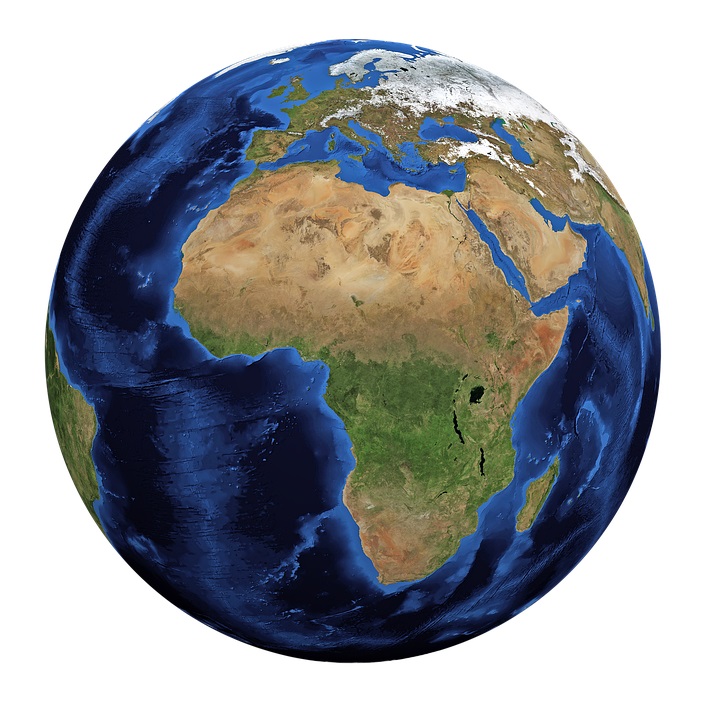
Know the facts before deciding. Are EU livestock sector (CHG) emissions increasing? On the contrary, according to FAO statistics enteric fermentation coming from the EU livestock sector has almost halved its impact in the period 1990-2014. There has been a 51% drop in emissions from livestock as shown by the FAO statistics, largely due to the shift to a more specialised agricultural livestock system, with still relevant large margin for improvement.
Know de facts before deciding. How much water does it take to produce 1KG of beef?
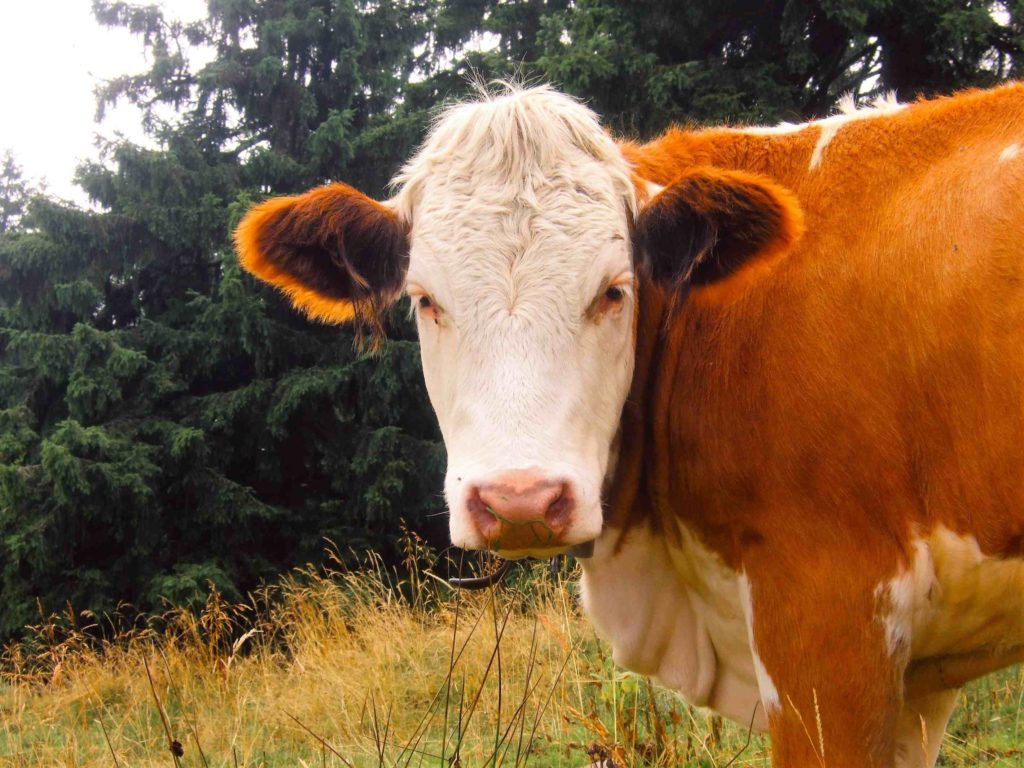
It is often said that 15,000L of water are needed to produce 1Kg of meat. This is an example of a shock statement used to make good headlines, but the calculations are too often misunderstood and misquoted. With more than 90% of water consumed by livestock being ‘green water’ (rainfall), scientists calculate that 1kg of beef would actually remove around 50L of fresh water.
Know the facts before deciding. How is animal health managed?
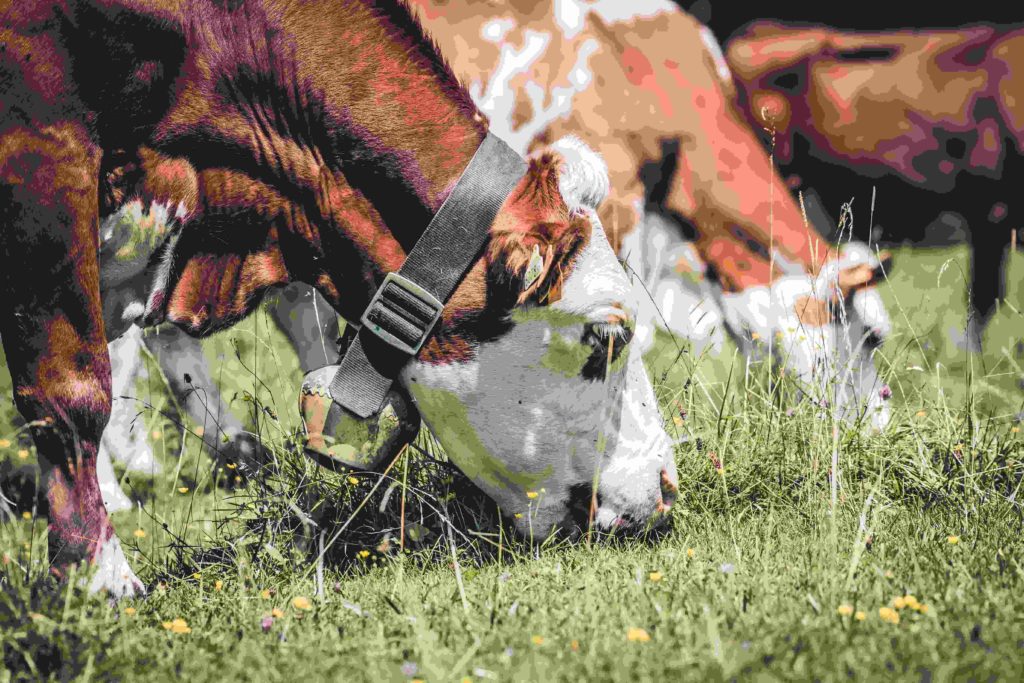
Animal health is managed by the farmer in partnership with a veterinarian and other agricultural advisers. It begins with the animal selection where the farmer looks for traits such as longevity of animals, robustness, resource efficiency, and environmental impact.
Anafric supports the strategic line of sustainability and environment led by the new European Commission
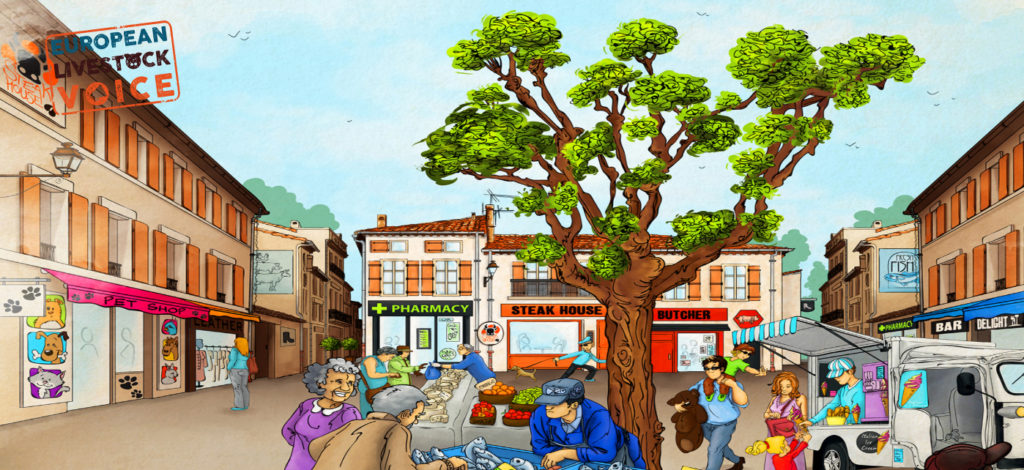
The UECBV, the European Livestock and Meat Trades Union, and Anafric, a Spanish meat business association, support the new European Commission, led by Ursula von der Leyen, and ask together with the Industry4Europe industrial forum for the assumption of a new strategic line for European industries that has sustainability and environment among its priority fields. Industry4Europe is a coalition of 149 sector associations representing the diversity of the EU industrial base, including the meat sector.
Know the facts before deciding. Animal welfare

Animal welfare is an important concept. Many Europeans are concerned about the welfare of both farm and companion animals and it is an aspect in livestock farming that is often called into question. Views on animal welfare are very personal and the concept is much more complex than it seems at first sight. Ask 3 people what “animal welfare” means and you will most probably get 4 different answers – and this is perfectly understandable! This is why it is interesting to look at what science says about it.
Know the facts before deciding. A world without cattle?
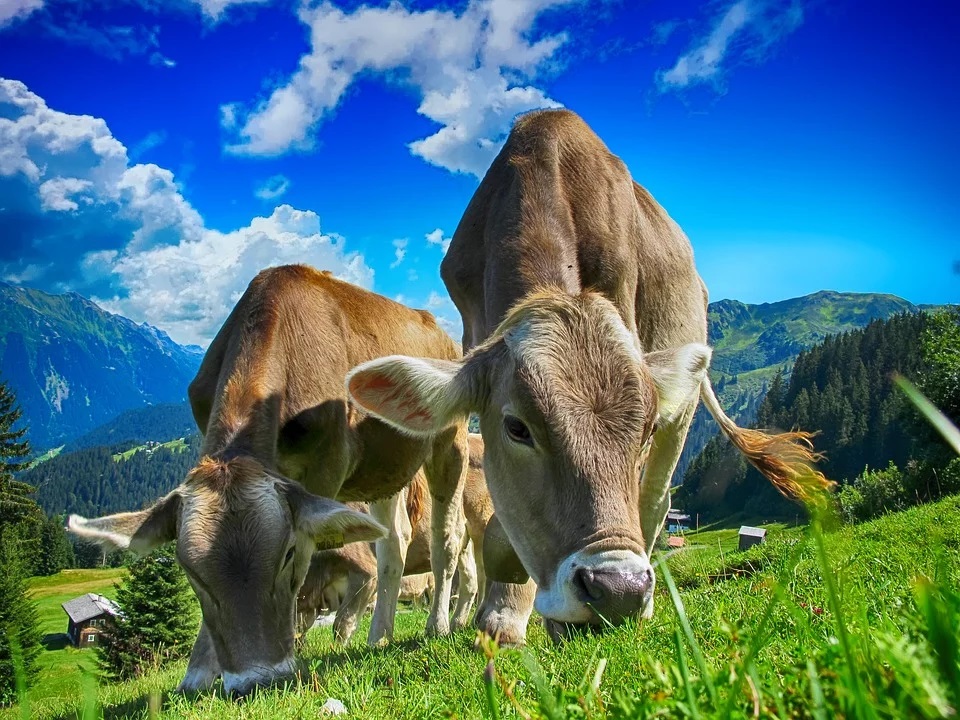
For Europeans and a majority of people around the world, a world without livestock is not something that is widely called for. Nevertheless, a minority fraction of the European population, are considering a world that is “free from livestock production”. This clear and radical stance may seem seductive to some who consider it a coherent vision for the future. However, the singular removal of an entire food group from our future would bring with it a number of consequences that are often ignored.
Cárnicas Sierra Sur will show its solidity and solvency at Meat Attraction
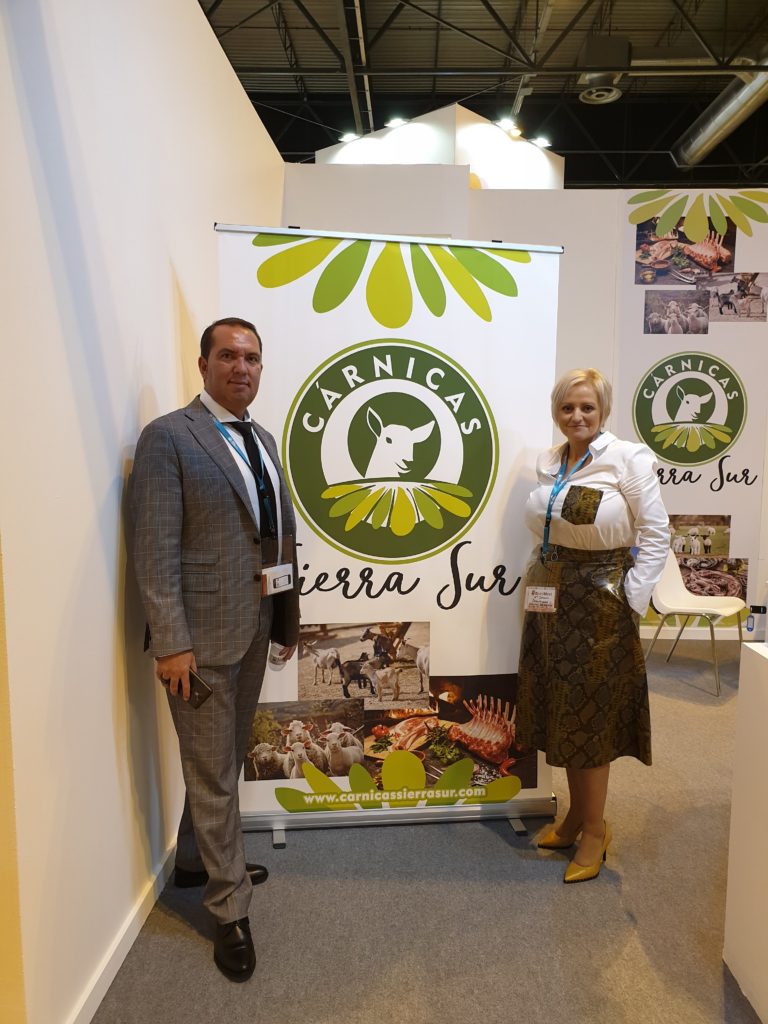
With an annual growth of two figures, the firm will present new services and exclusive products in ovine and goat […]
